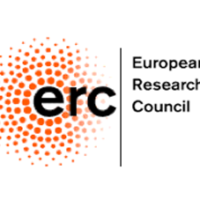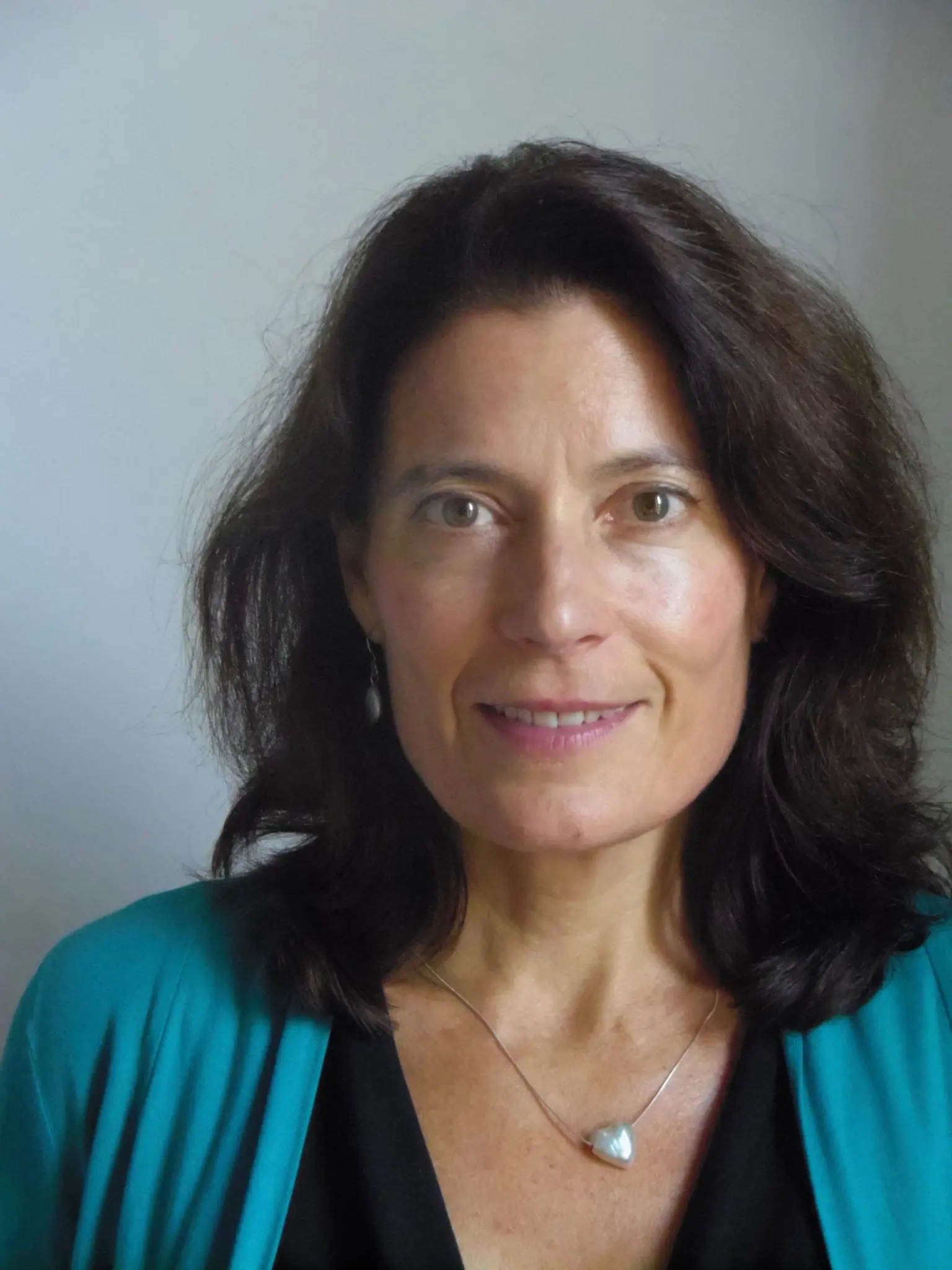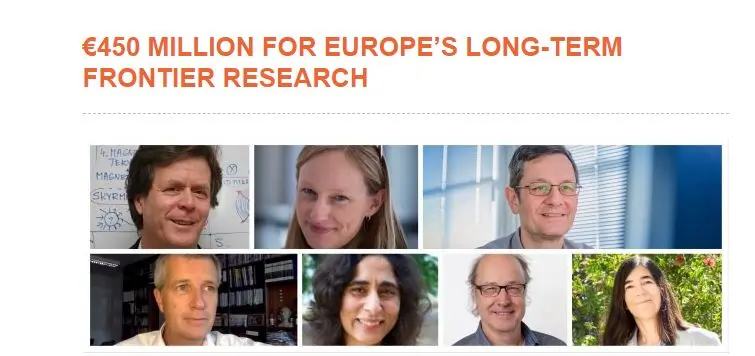Numerous researchers from COST Actions have been awarded grants from the European Research Council (ERC)
The ERC Advanced Grant, rewards active researchers from all disciplines who have achieved significant research success in the last ten years. 1,881 submissions were received during the 2019 call, with a list of successful applicants released in March of this year. Of the 185 scientists awarded grants to explore innovative ideas, a quarter were affiliated with COST Actions.
75%1 of ERC funded projects have resulted in scientific breakthrough or major advances providing a great springboard for the new ERC grantees to strength Europe knowledge and scientific excellence.
The 39 COST Action participants are from a broad range of disciplines including, physical sciences, engineering, life sciences, as well as social sciences and humanities.
Below, we have selected a few COST Actions researchers and innovators to highlight their projects:
Prof. Laura Lee Downs
Prof. Laura Lee Downs won an ERC Advanced Grant as a principal investigator for her work on the Social politics in European borderlands: A comparative and transnational study, from 1870s to 1990s. The project seeks to reframe the history of welfare and social care in modern Europe by restoring to view the contribution of families and associations to shaping welfare systems in three borderland regions of north-western, eastern, and south-eastern Europe from the 1870s till the 1990s.
The project will go beyond the role of municipalities in welfare, which has been the object of extensive research. It will investigate how families and voluntary associations negotiated over entitlements to welfare, focusing in particular on support to children, veterans and working-class women.
“Rather than treating borderlands as peripheries, we approach them as laboratories for the development of social protection, thanks to the dense variety of actors competing for influence over their putative objects of assistance and for access to material resources,” said Prof Downs. “We are eager to restore to view the vital role that families and voluntary welfare associations have long played in creating and delivering new forms of social welfare in Europe’s many borderland regions. For we believe that these borderland stories have much to tell us about the development of welfare in Europe more generally.”
Laura Lee Downs is Prof of History of Gender and Sexuality at the University Institute in Florence, Italy and Directrice d’études at the École des Hautes Études en Sciences Sociales, where she holds the chair in the comparative history of social management. Prof Laura Downs is currently the Vice chair of the COST Action Who Cares in Europe? The Actions aims at analysing the development of welfare state offering perspectives on the current problems in order to contribute to welfare policy development in the future.
Further information on the project, follow this link.
Prof. Fernando Martín
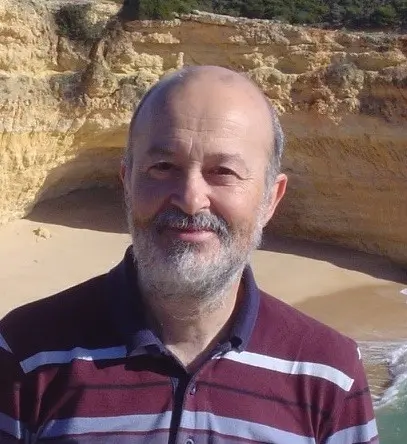
The objective is to understand the first stages of charge migration processes in complex molecules, occurring in the time range of attoseconds (10-18 seconds), with a level of detail unprecedented to date.
This is an essential step for the establishment and consolidation of attosecond science as a discipline that, beyond revolutionising our basic knowledge of the electronic processes that occur in matter, will allow us addressing problems of practical interest in physics and chemistry.
The direct impact will be significant in several areas such as the efficiency of charge migration in photovoltaic and optoelectronic devices, or to better understand the initial steps of radiation damage in living organisms.
Prof Fernando MARTÍN says: “Obtaining this ERC grant will allow us to continue advancing in the development of new attosecond experiments aimed at understanding and controlling chemical processes in a time scale inaccessible to date”. He adds: “We expect that the project will reinforce the investigations carried out within the framework of the COST Action (AttoChem), where researchers from 29 countries work together in the field of Attosecond Chemistry“.
The project is among the 82 projects in the Physical Sciences and Engineering domain. Further information and details on the project, follow this link
Prof Fernando Martin Chairs the COST Action Attosecond Chemistry network. The Action, which started last year, will draw new strategies for the control of charge migration in molecules by acting on the attosecond time scale.
Prof. Andrew JORDAN
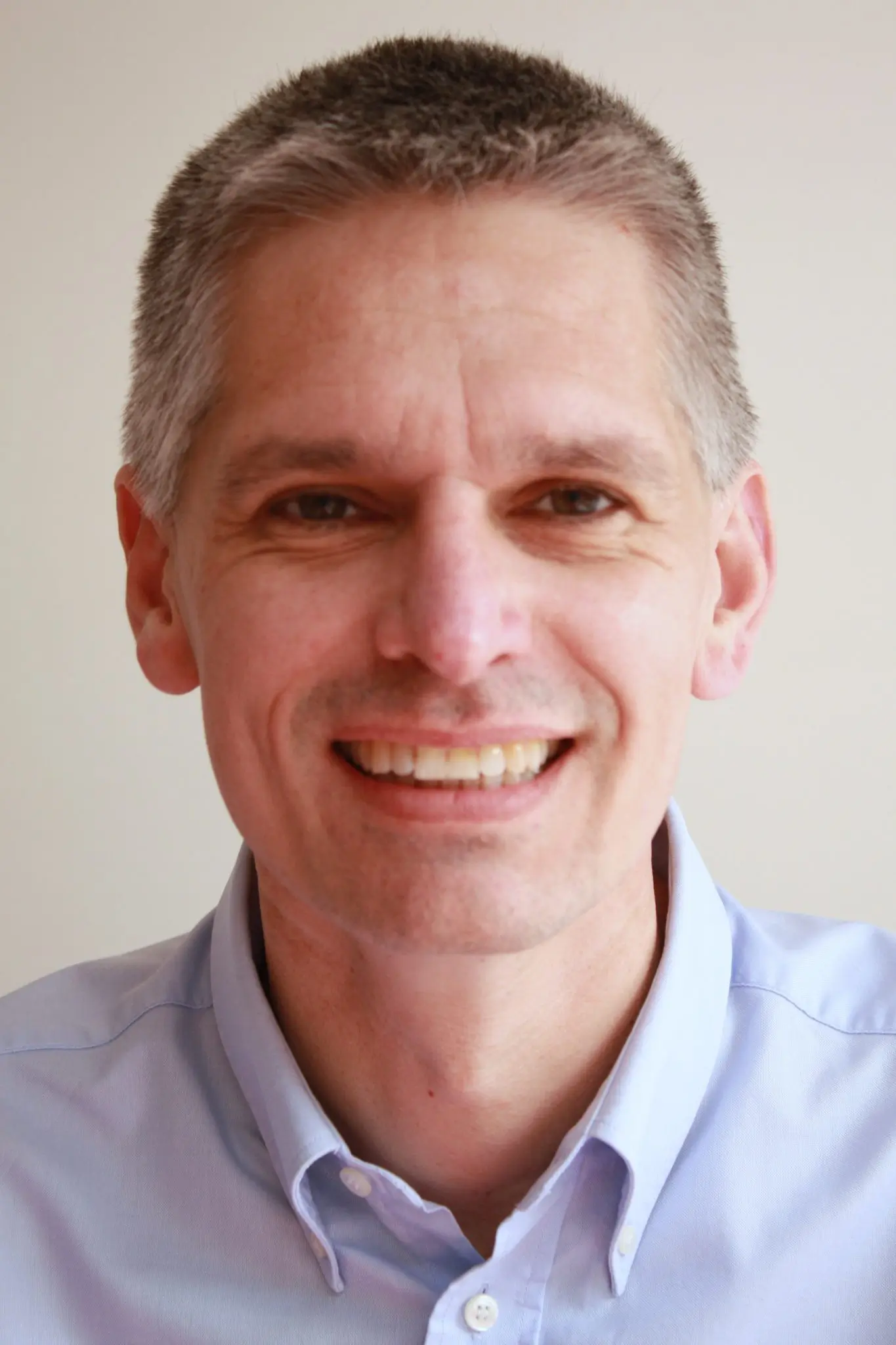
This project aims to significantly advance society’s understanding of what is holding back deep, society-wide decarbonisation by examining the relationship between politicians, citizens/voters and other actors in a uniquely detailed and comparative manner.
The standard advice to politicians confronting long-term challenges such as climate change is to adopt binding policies. Yet politicians appear unable to do this, greatly jeopardising the achievement of the 1.50 C aspiration in the landmark Paris Agreement.
State-of-the art research struggles to explain the causes, and therefore the solutions, to this impasse. Political scientists argue that politicians fear retribution at the next election; psychologists claim that citizens understand what is at stake but expect politicians to lead. The untested assumption is that both are locked into a ‘governance trap’, which greatly reduces the political feasibility of rapid change.
Prof. Andrew JORDAN says: “COST Actions are a tremendous incubator of new research activities. Our original Action has spawned a host of follow up activities including a Marie-Curie ITN, an Erasmus+ network and now this ERC Advanced Grant. Meanwhile, the scientific findings are being actively fed into the next Intergovernmental Panel on Climate Change state of the art assessment report.”
He adds: “Existing studies generally take a brief snapshot of events in a single country. Our project will examine all countries of the world over a 30-year period, paying particular attention to the 41 biggest emitters in the world and using an unconventional combination of different methods and unrivalled new data sets.”
Additional information on the project can be found here
Prof Andrew JORDAN Chaired the COST Action: Innovations in Climate Governance: Sources, Patterns and Effects (INOGOV) which ended in 2018. The Action focused on innovative forms of policy and governance for climate change.
Prof. Ulrike DIEBOLD
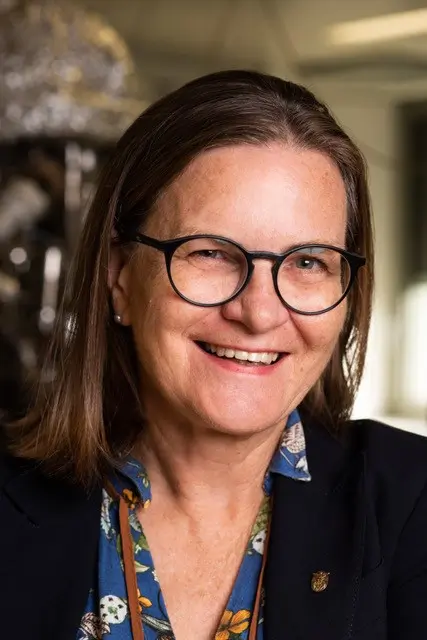
The project looks at molecules that stick to surfaces, and investigates their properties, one molecule at a time.
Prof. Ulrike DIEBOLD says:” Processes at surfaces and interfaces underlie much of our physical world. A particularly important interface is the one between oxide minerals and water. If we understand better what happens there, it could help in many areas, from cloud formation to CO2 sequestration;”
She adds: “If we succeed, we will deliver experimental data on processes that are currently only modelled theoretically.”
Prof. Ulrike DIEBOLD is currently hosted at Technical University of Vienna, Austria. Additional information on the project can be found here.
Prof. Jean-Louis Reymond
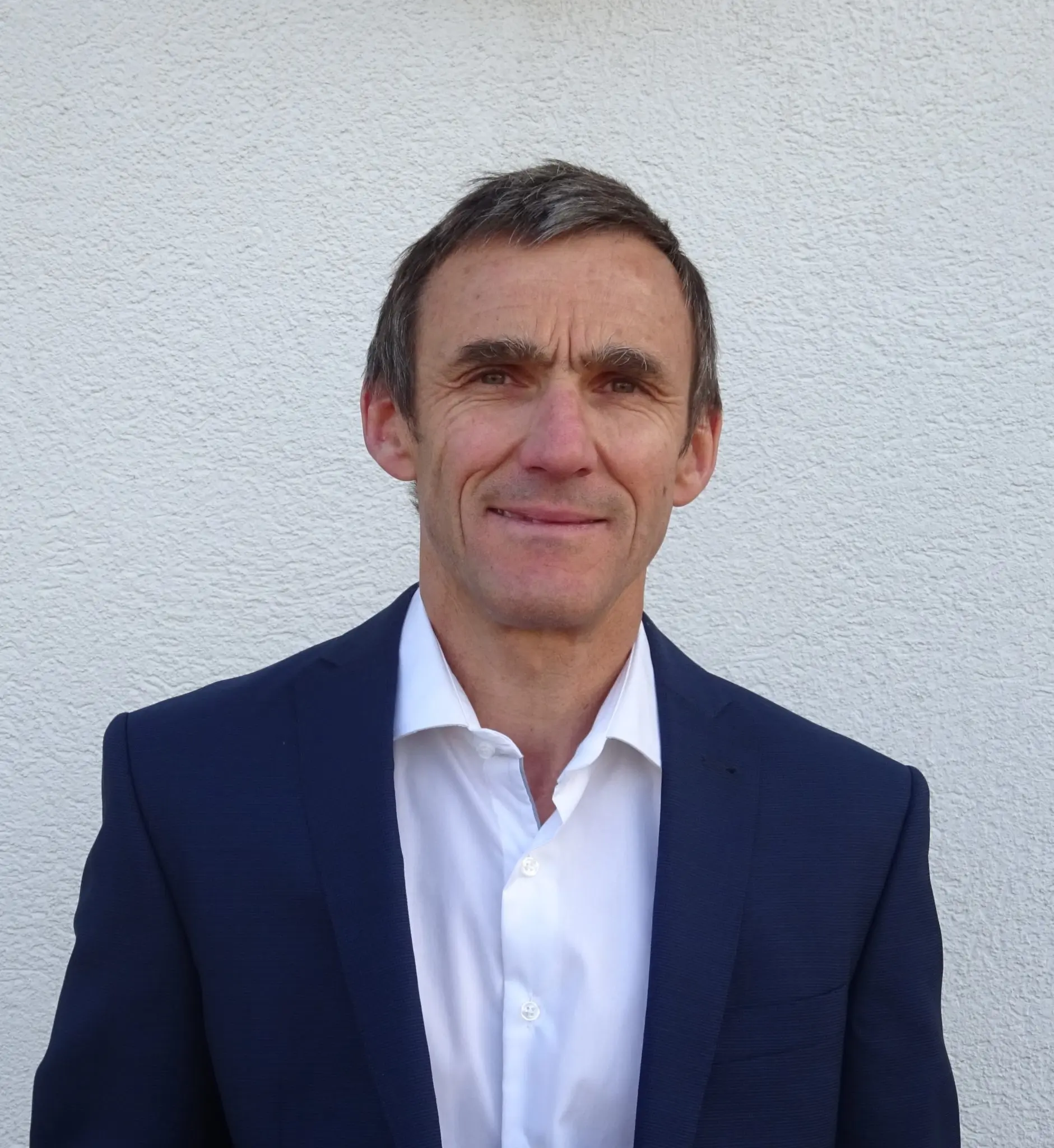
Chemical space represents the ensemble of all possible molecules of interest for drug discovery and is almost exclusively used for small molecule drugs. The project investigates the use of chemical space in the area of peptides. The aim is to discover new antimicrobial peptides to fight against multidrug resistant bacteria, which represent a major public health threat today. To achieve this goal, the project combines computational methods for exploring the peptide chemical space with synthesis and testing in the laboratory.
“In chemistry we are mostly overwhelmed by big numbers when considering the possibilities offered to combine elements to form molecules. The computational power available today for big data allows us to work with these big numbers and understand what’s behind them. If we can combine these insights with laboratory synthesis and testing, we can make progress. We have had amazing success in using the chemical space approach to identify new antimicrobials against multidrug resistant bacteria, which had never been tried before. I am thrilled to be allowed to push this further and see how far we can go.”
More information on chemical space can be found on this link and here.
Prof. Jean-Louis Reymond was formerly the Vice Chair of the COST Action Multivalent Glycosystems for Nanoscience which ended in 2015. The Action has at the time, already fostered new collaborations to transform glycoconjugate research in Europe by establishing a new frontier at the interface with nanoscience.
(1): Impact of ERC-funded research confirmed by independent study. ERC news
Additional information:
Press release from ERC available by clicking the picture below.
List of all selected researchers
